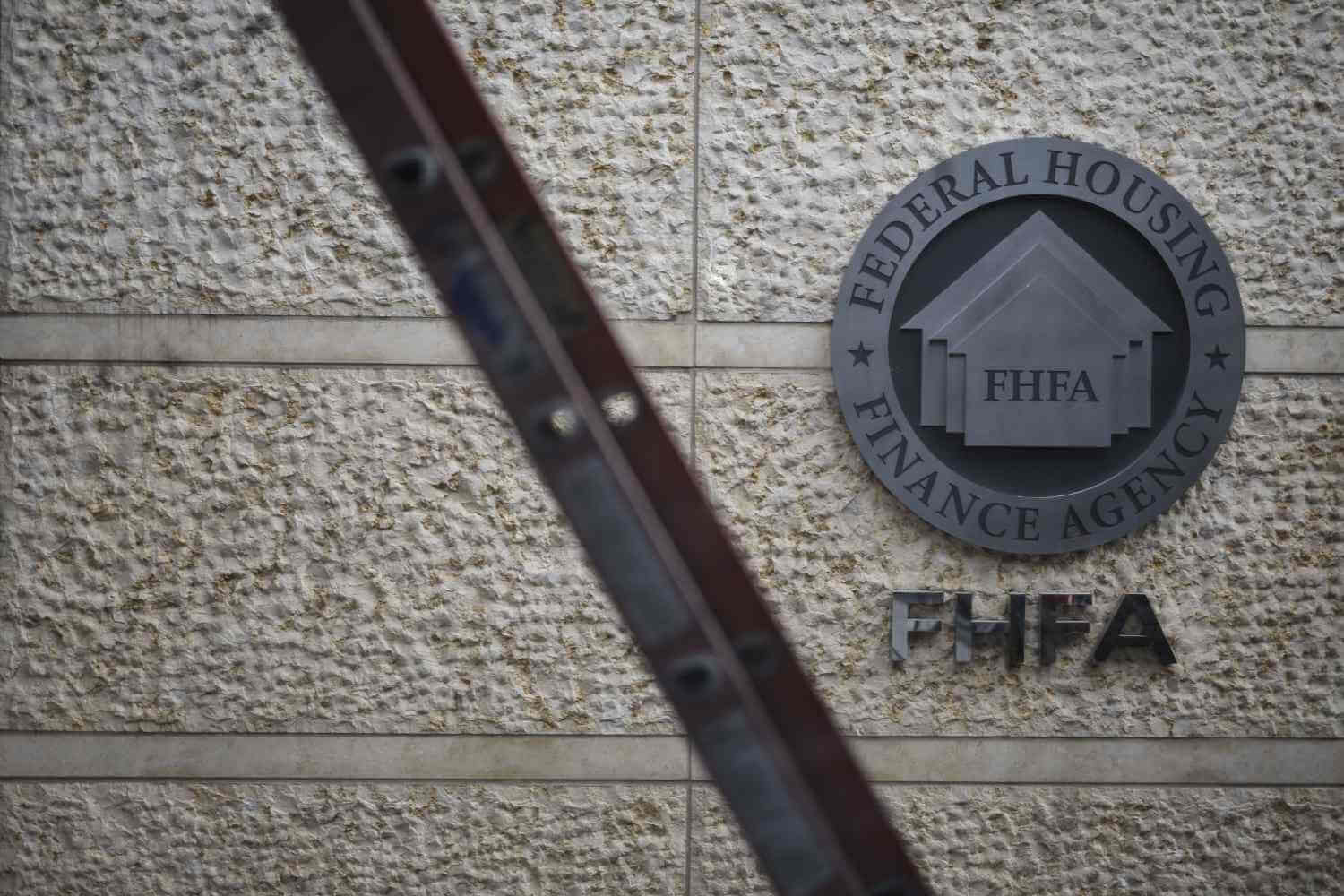
An insidious movement is underway to federalize tenant protections
Handling landlord-tenant matters daily, Bornstein Law has to comply with California law or local rules relating to rent control and eviction protections. When we first began our legal careers, there were only three ordinances to deal with, namely San Francisco, Berkeley, and Oakland. Now there are perhaps 17, 18, or 20 ordinances? We lost count, but suffice it to say there is a lot to swallow.
One of the first questions we need to ask is whether state law governs landlord-tenant relationships, or more restrictive tenant protections apply on the local level. Rarely, though, have we had to flirt with federal law because, normally, California has greater guardrails in place for renters.
For example, when there was a federal eviction moratorium imposed during COVID, it didn’t really matter to us - it wasn’t newsworthy - because California lawmakers enacted more stringent protections. Sure, there are federal laws that prohibit housing discrimination, but once again, California's anti-discriminatory laws have more teeth.
The tides may turn at some point as the Biden Administration attempts to establish a Tenant Bill of Rights. The stated goals mirror many of California’s initiatives. Namely, safe, quality, and affordable housing, clear and fair leases, education and enhancement of renter rights, the right to organize, eviction prevention, diversion, and relief. It sounds a lot like California, but for the first time, we are concerned that federal law will supplant the state’s protections for renters.

The Federal Housing Finance Agency (FHFA) kicked off the new year by releasing a report highlighting public comments on whether the agency should implement a new set of landlord and tenant requirements for mortgaged properties backed by the Federal National Mortgage Association (“Fannie Mae”) and the Federal Home Loan Mortgage Corporation (“Freddie Mac”).
Let’s take a step back and think about that for a moment.
You might be wondering how the feds can impose new requirements on property owners by administrative fiat. What authority do these agencies have to meddle in landlord-tenant matters?
There is case law that says once a landlord has accepted the financial benefits of certain programs, Congress is authorized to “impose on that landlord rules, regulations, or restrictions premised on the landlord’s participation in such a program.” In other words, the banker has the power to stipulate what you need to do. If you secure a loan backed by Uncle Sam, they dictate the terms. If you don’t like it, use other means to buy a building.
A judge in Alameda County has subscribed to this logic by ruling that housing providers with Fannie Mae and Freddie Mac-backed loans must comport with federal law that affords more time for delinquent tenants to pay rent.
In other words, it’s a tradeoff. If you buy a building through other means, you are not subject to federal government demands. But if you secure a loan backed by Uncle Sam, they can dictate the terms. The banker has the power to tell you what to do.
What, exactly, does Big Brother have in mind?
The Federal Housing Finance Agency (“FHFA”) is considering recommendations to require owners to participate in the Section 8 Housing Choice Voucher Program, establish a publicly accessible rent registry, institute limits on evictions, and impose “forward-facing rent control.”
Much of the feedback digested by the FHFA is reasonable and duplicates existing California law, but other proposals are concerning. There is no reason to believe that given an inch, regulators will not take a mile and concoct a set of new, onerous rules for housing providers to follow.
![]()

Already overregulated landlords may soon meet the 5,000-pound gorilla of the federal government.
We have always been concerned that enterprising tenant attorneys find errors made by housing providers and avail the opportunity to ratchet up the legal expenses of landlords. But with infinite resources, the federal government’s involvement in prosecuting landlording missteps would give our clientele much more of a headache.
The Federal Trade Commission (FTC) has announced its intention to find ways to use its authority to go after housing providers who prevent consumers from obtaining and preserving housing. There’s a whole alphabet soup of government agencies on board, even the Department of Defense when tenants are military members.
We don’t want to be alarmist and have to point out that a tenant bill of rights is still in an exploratory phase. It certainly will be met with opposition, so this is not law yet. It’s just something on our radar.
Parting thoughts
The regulatory regime facing housing providers is increasingly onerous. We have not always been the bearer of bad news; we’ve reported that some crackpot measures have been defeated. Yet calls for the erosion of property owners’ rights will continue.
Please stay in touch with Bornstein Law to ensure that you are aware of these updates, cauterize risk, and make prudent decisions with your real estate investments.
